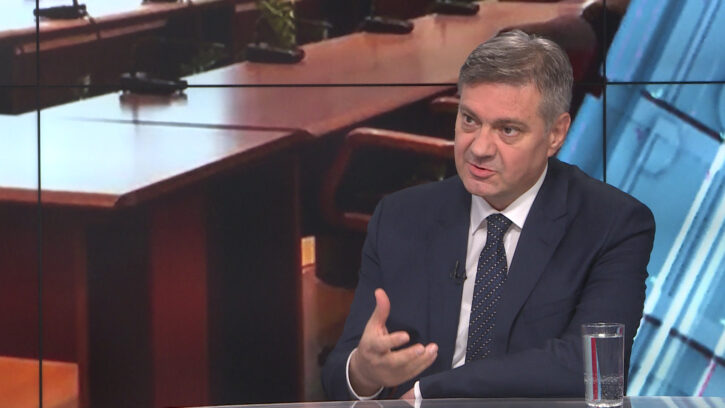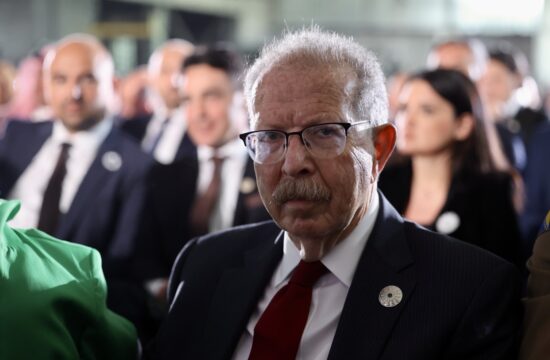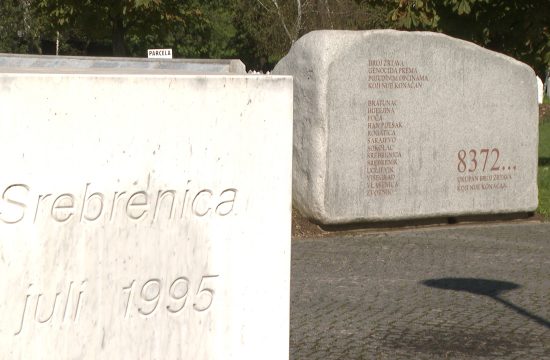
Bosnia's relations with Croatia are complex and cannot be viewed through the “prism of the latest presidential election only,” House of Representatives Speaker Denis Zvizdic said adding that “logically” the two countries rely on each other.
“There are several facts we must always keep in mind. The first and the most important one is that Croatia is our neighbour with whom we share the longest border, of more than 1,000 kilometres; that we are strategically, geopolitically, territorially, historically, perspectively oriented towards each other. So, our relationship goes back far into the past and in that sense, it is logical that we rely on each other. Those are the facts we must not forget,” Zvizdic told Fena news agency.
According to him, the current state of affairs further define the relations of the two countries.
He deems that the victory of Zoran Milanovic in the recent presidential election is based on the fact that he had offered a new perspective, primarily one of Croatia's development and one of the relations within the region.
“So, those who voted Milanovic gave their vote to the change of relations with Bosnia and Herzegovina or between Croatia and Bosnia and Herzegovina. That's what we expect,” he stressed, noting that the two neighbouring countries did not ground their relations before on mutual respect but on “often and reasonless interference with internal matters of Bosnia and Herzegovina, and the attempt of unnatural patronising over the processes in the region and Bosnia and Herzegovina.”
This has to change, stressed the parliament speaker, and the two countries need to improve their relations at the political, economic and cultural level.
“Croatia is one of our most important foreign trade partners. We are historically oriented to each other. Bosnia and Herzegovina has aspirations towards the European integration, Croatia is a member state of both the European Union and NATO,” he added.
The open issues, such as disposal of nuclear waste near the border with Bosnia, the use of Bosnia and Herzegovina's property and construction of the Peljesac bridge, must be put on the table and discussed on the grounds of facts.
“I expect Zoran Milanovic to restore the discussion to the institutional framework, within the institutions of the system, that his visits will be institutional and not party or ethnically-motivated,” said Zvizdic.



